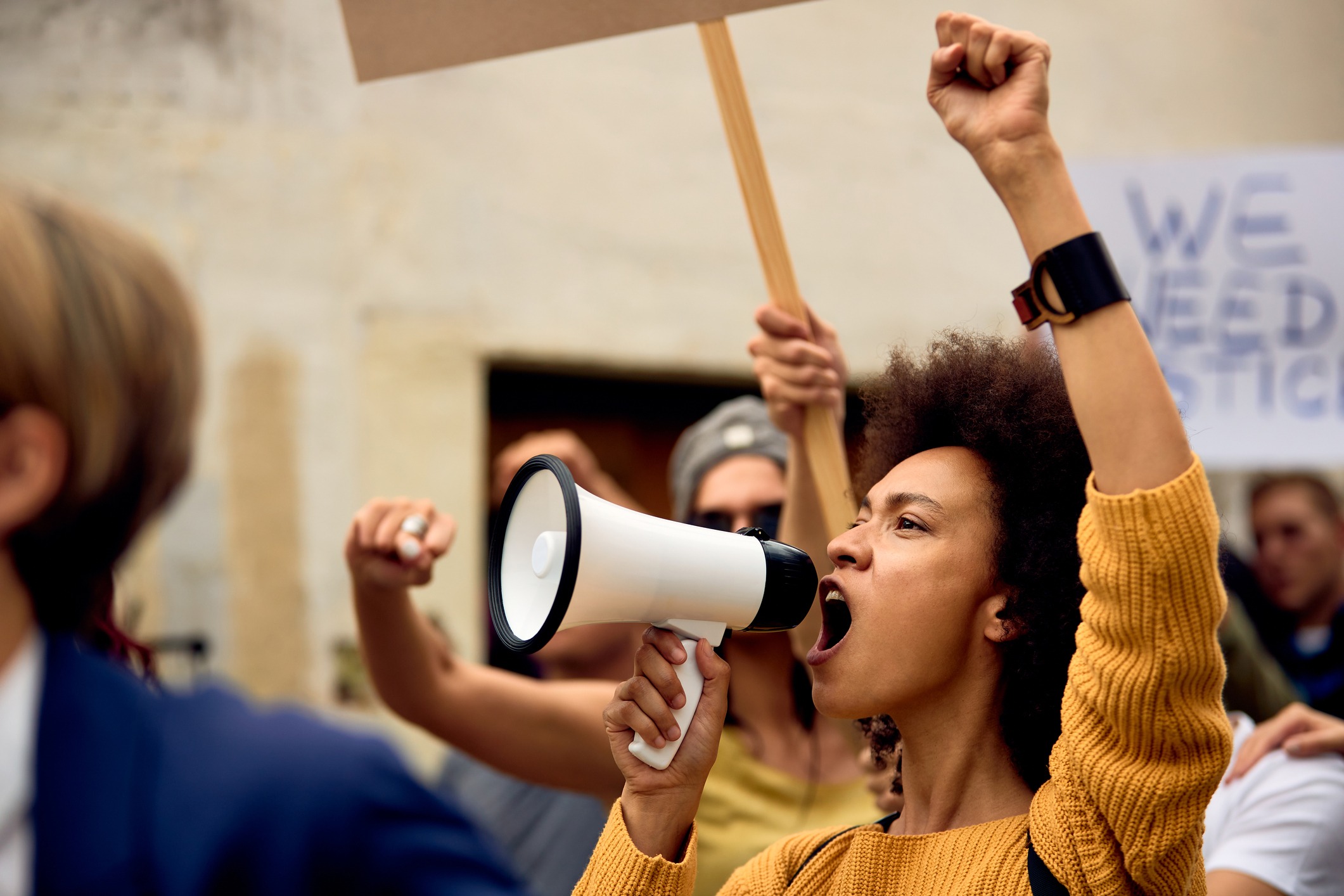
The most diverse generation
in American history is now present on our campuses, and these savvy students are passionate about social justice issues such as equity, diversity, and community welfare. Studies show
Gen Z considers equality among the most important issues facing our country. How does that shift affect the job of the Registrar?
“Millennials are socially active but Gen Z takes it further--like the kind of activism we saw in the 1960s, pushing for social change,” said Leesa Beck, University Registrar at UC Santa Barbara. “They’re advocating for gender neutral
bathrooms, disability access, lactation rooms, identity status, content changes in courses--not only being vocal for their own needs, but being advocates for the needs of other students.”
“That’s one of the hallmarks of Gen Z, according to the research,” added Ewa Nowicki, Northeastern University. “They’re
proactive and socially minded.”
Registrars’ responsibility
Although not everyone sees it that way, it is the responsibility of the registrar to be aware of students’ needs and advocate for their success, Beck said.
“Once, when I was talking about the need for administrators to be involved in issues that promote diversity and inclusion, I was surprised when a colleague from another campus didn’t see that as the registrar’s job, but as an admissions
issue,” Beck said. “I was shocked someone could believe it’s enough to just admit a diverse class and that’s where the responsibility ends.”
“Admissions’ job is quantitative; they drive diversity,” said Michael Burke, Harvard University Registrar. “Ours is qualitative; we make the institution an inclusive place. But it’s not one office’s job; it’s
everyone’s job, and we are held accountable for that. These institutions were designed hundreds of years ago for people with all kinds of privilege: white, heterosexual, wealthy, Christian men. We’re still trying to unravel that and registrars
and other administrators absolutely have an obligation to do that.”
How the registrar can help
Of course, the ‘how’ of diversity isn’t always easy. Intersectionality and nuance make the path toward inclusivity anything but straightforward. For example, an initiative offering priority registration for students with disabilities
may disproportionately benefit students with the financial means to secure disability status documentation from a doctor.
“In an effort to do a positive thing, we may actually disadvantage certain students,” Beck said. “So we need to figure out how to help connect students with appropriate resources without perpetuating inequality.”
From ensuring accessible classrooms for students with disabilities, scheduling classes to account for students with jobs, recording chosen names and pronouns, and so much more, registrars have the power to build inclusivity on campus, to affect change
and to support those trying to make change.
Check out this article for more suggestions for how registrars can make a difference,
and come to the AACRAO Annual Meeting for Beck, Burke, and Nowicki’s session “Evolving Perspectives on Social Justice,” along with many more social justice sessions.
Register before February 28 for the early bird rate.